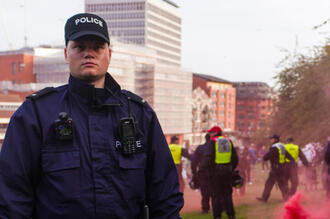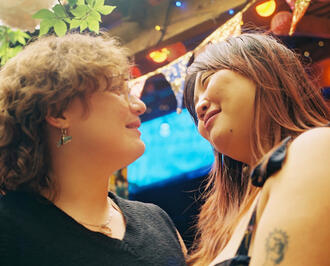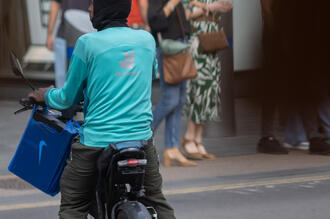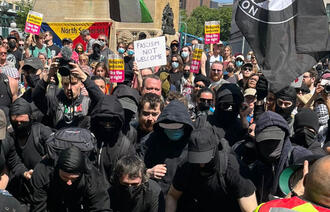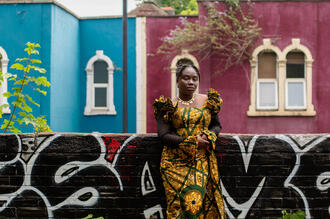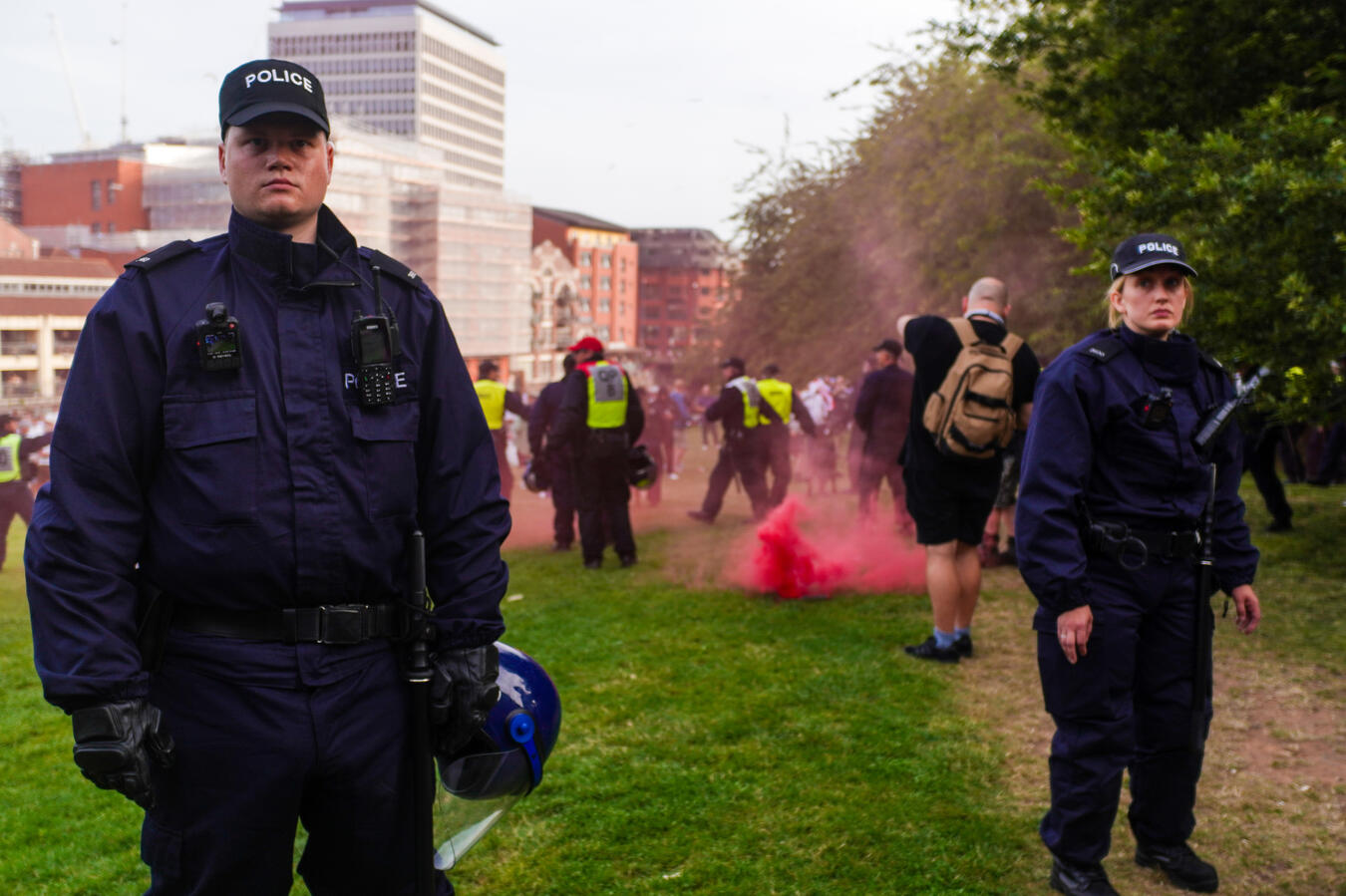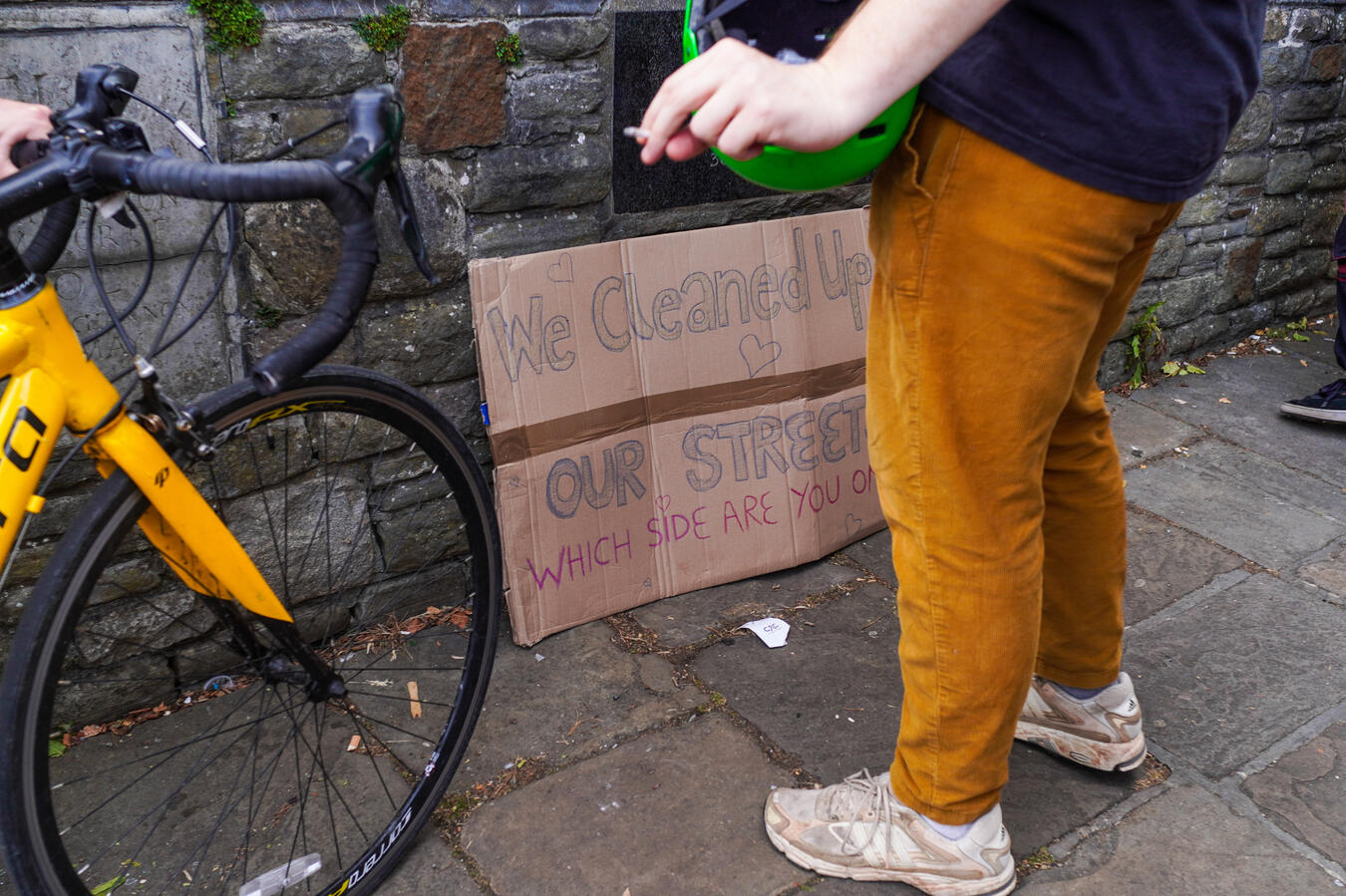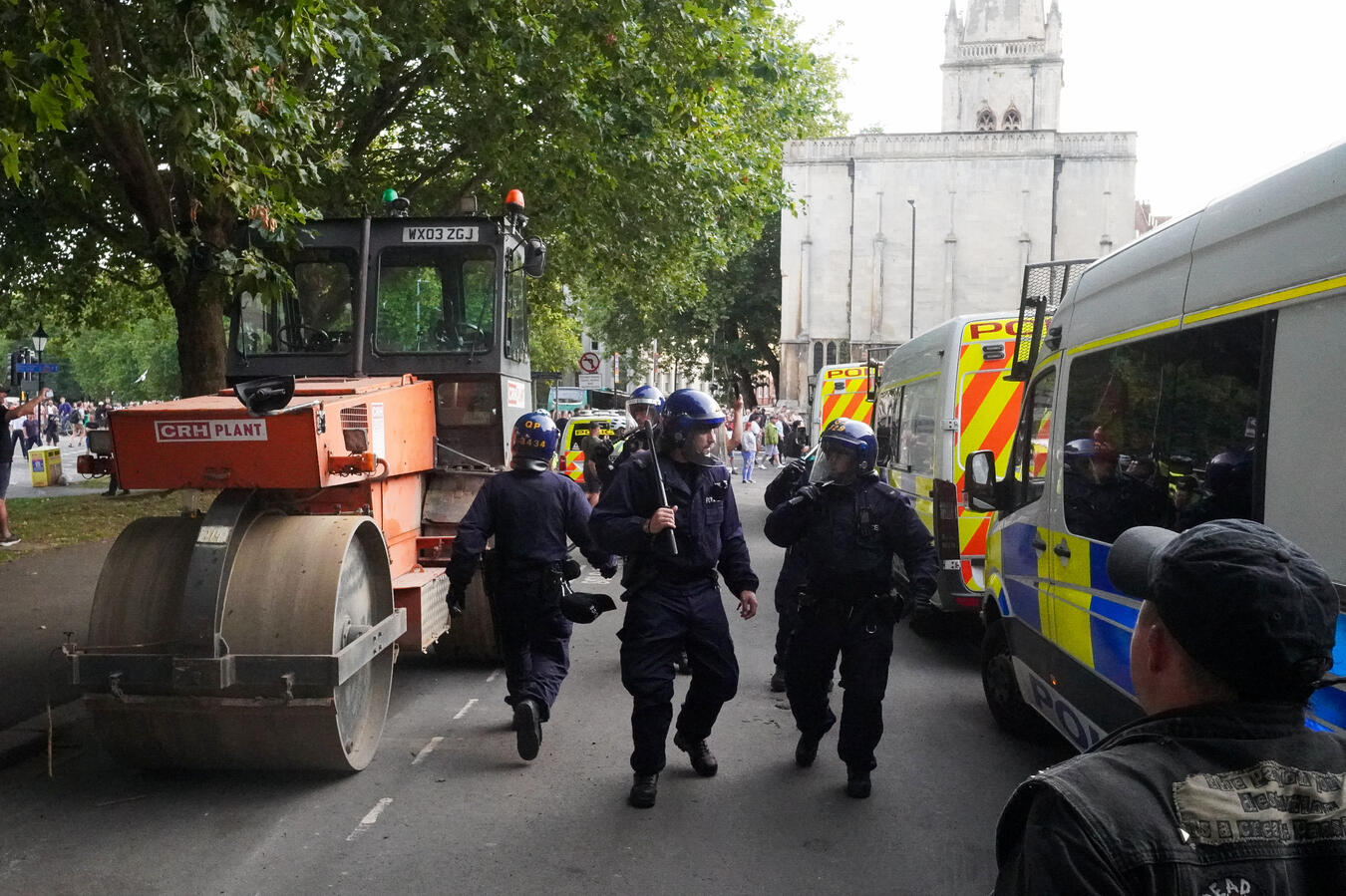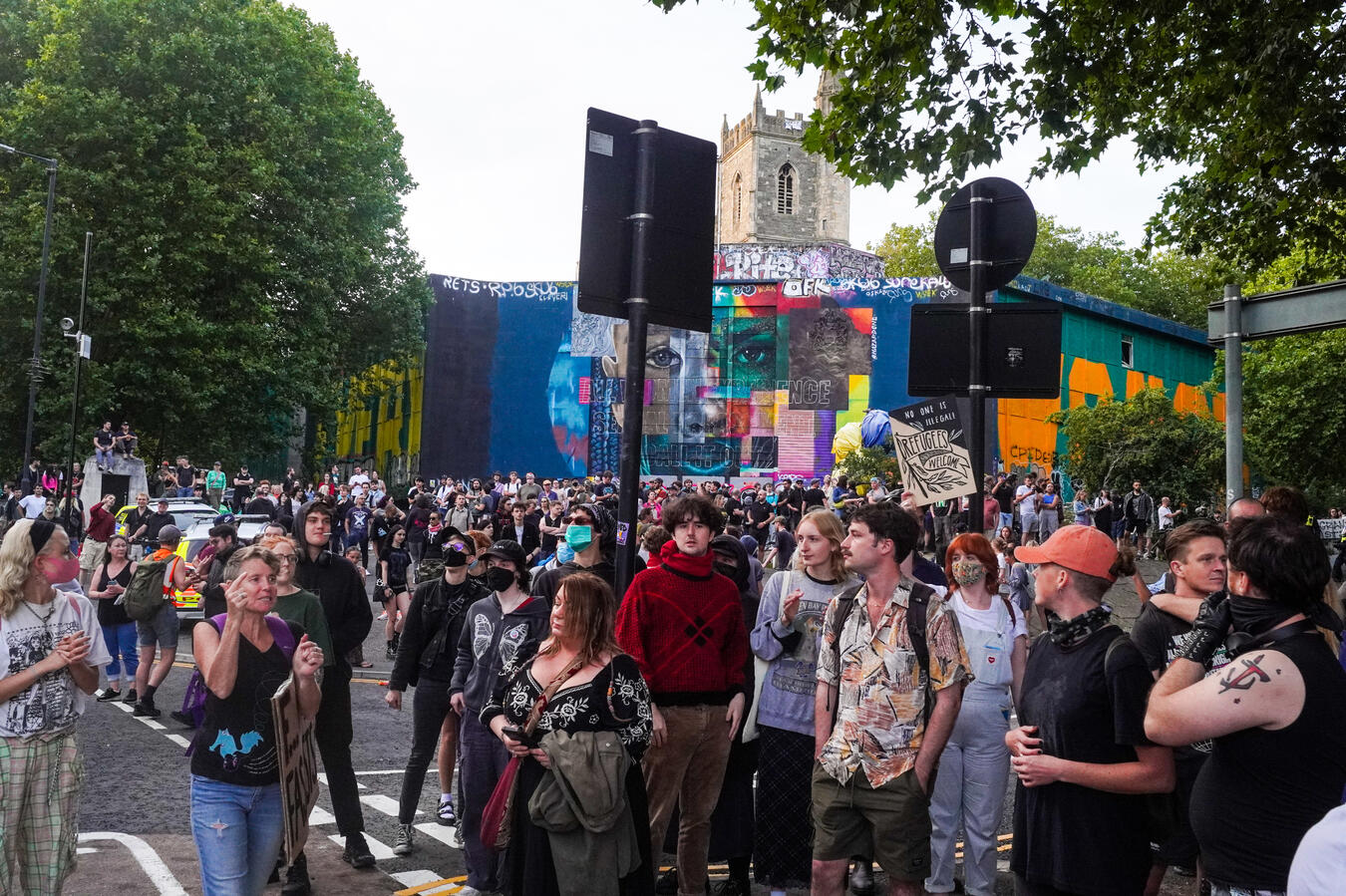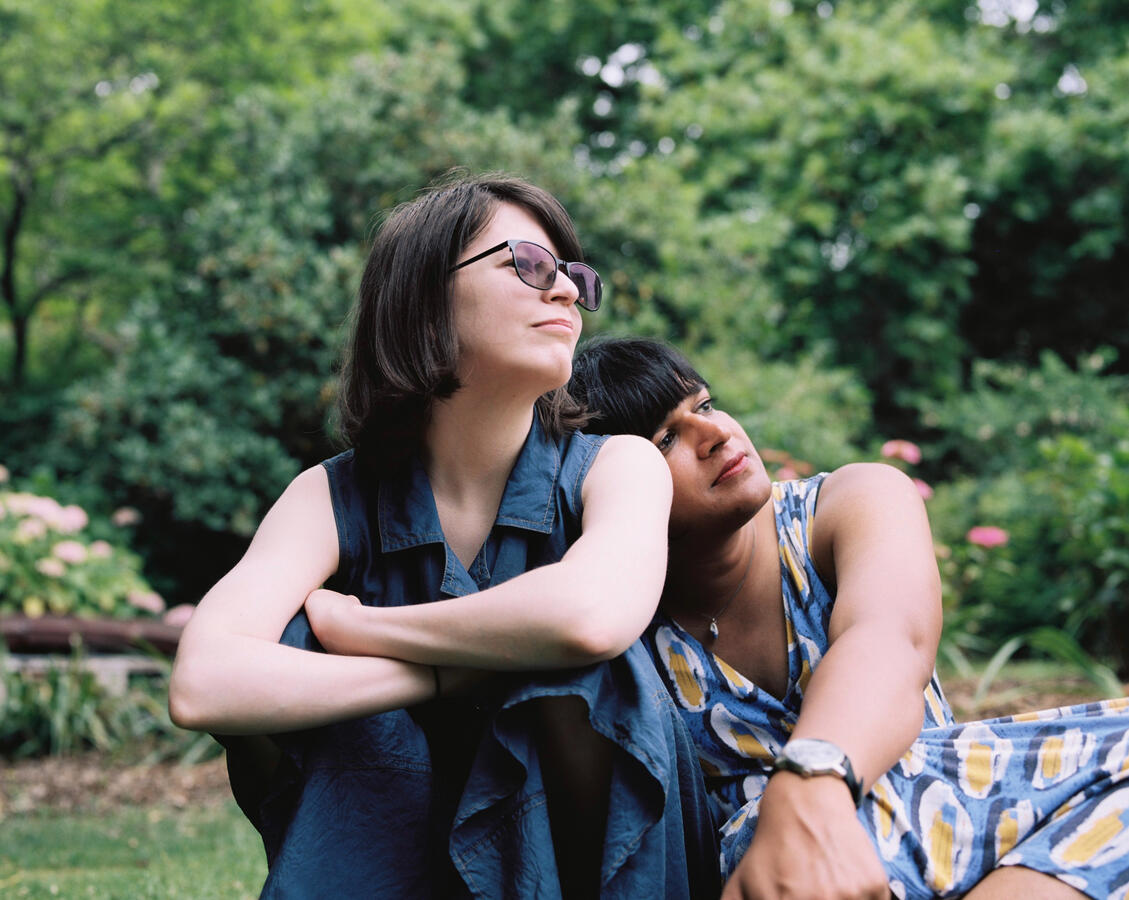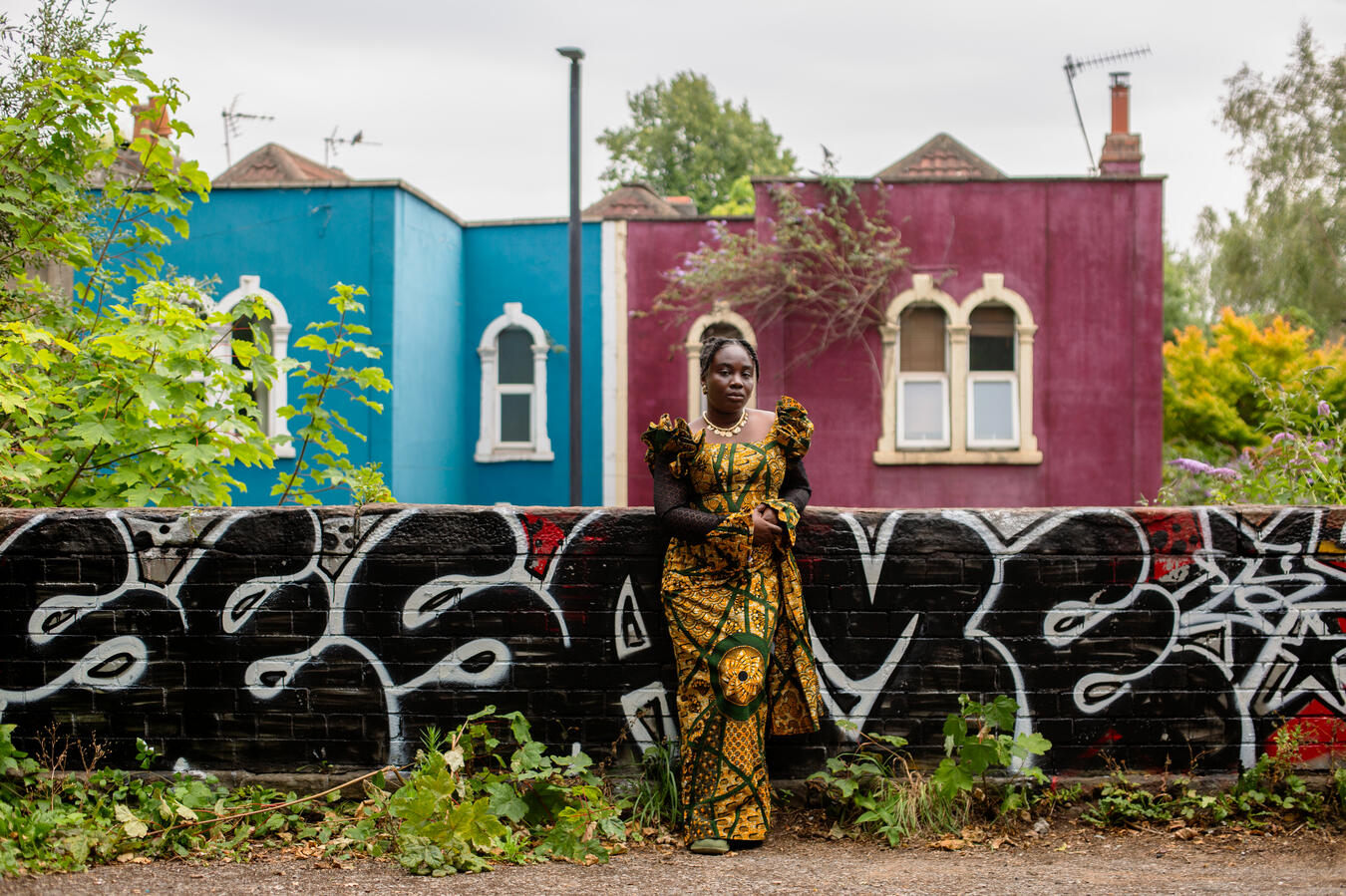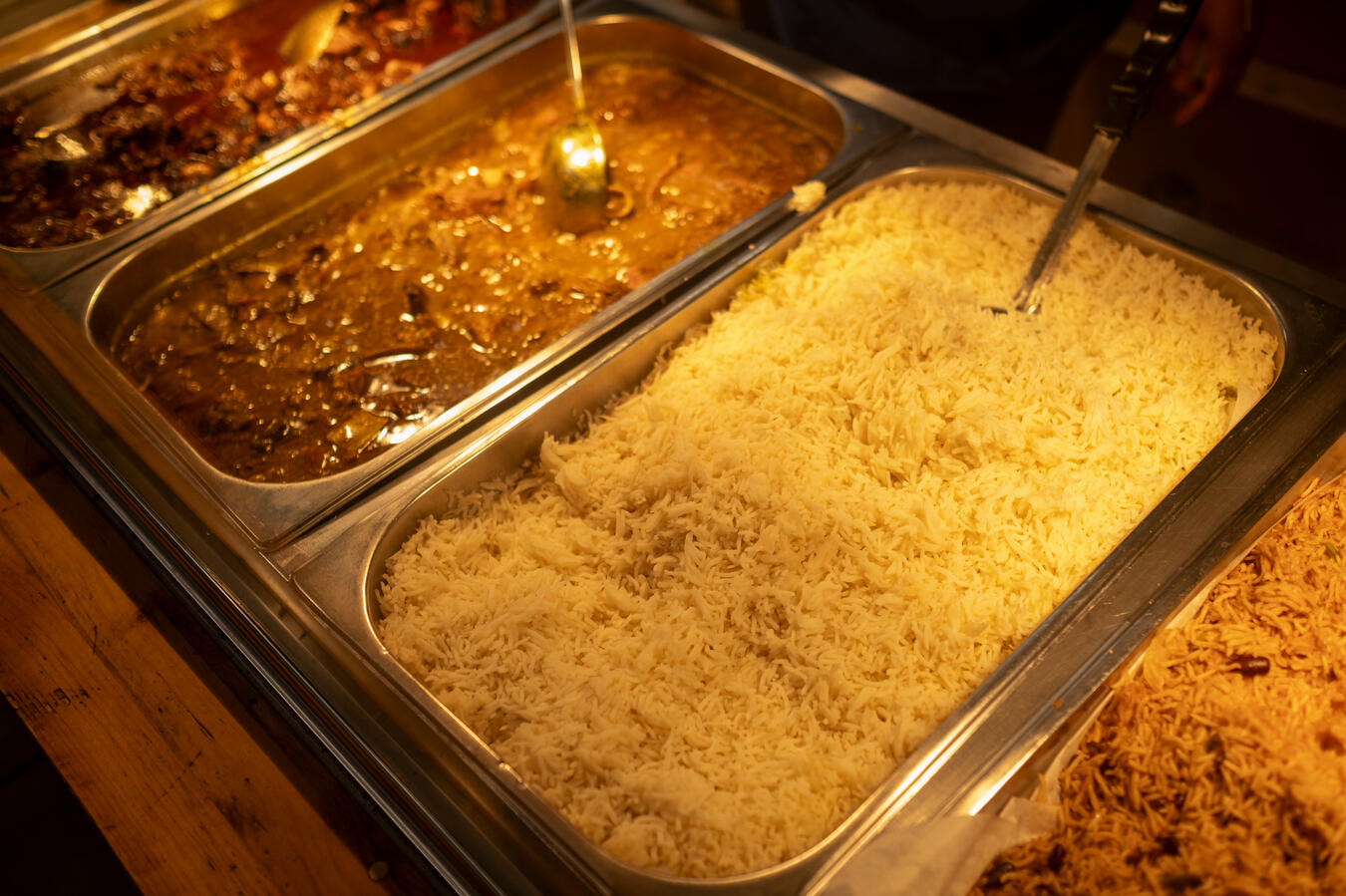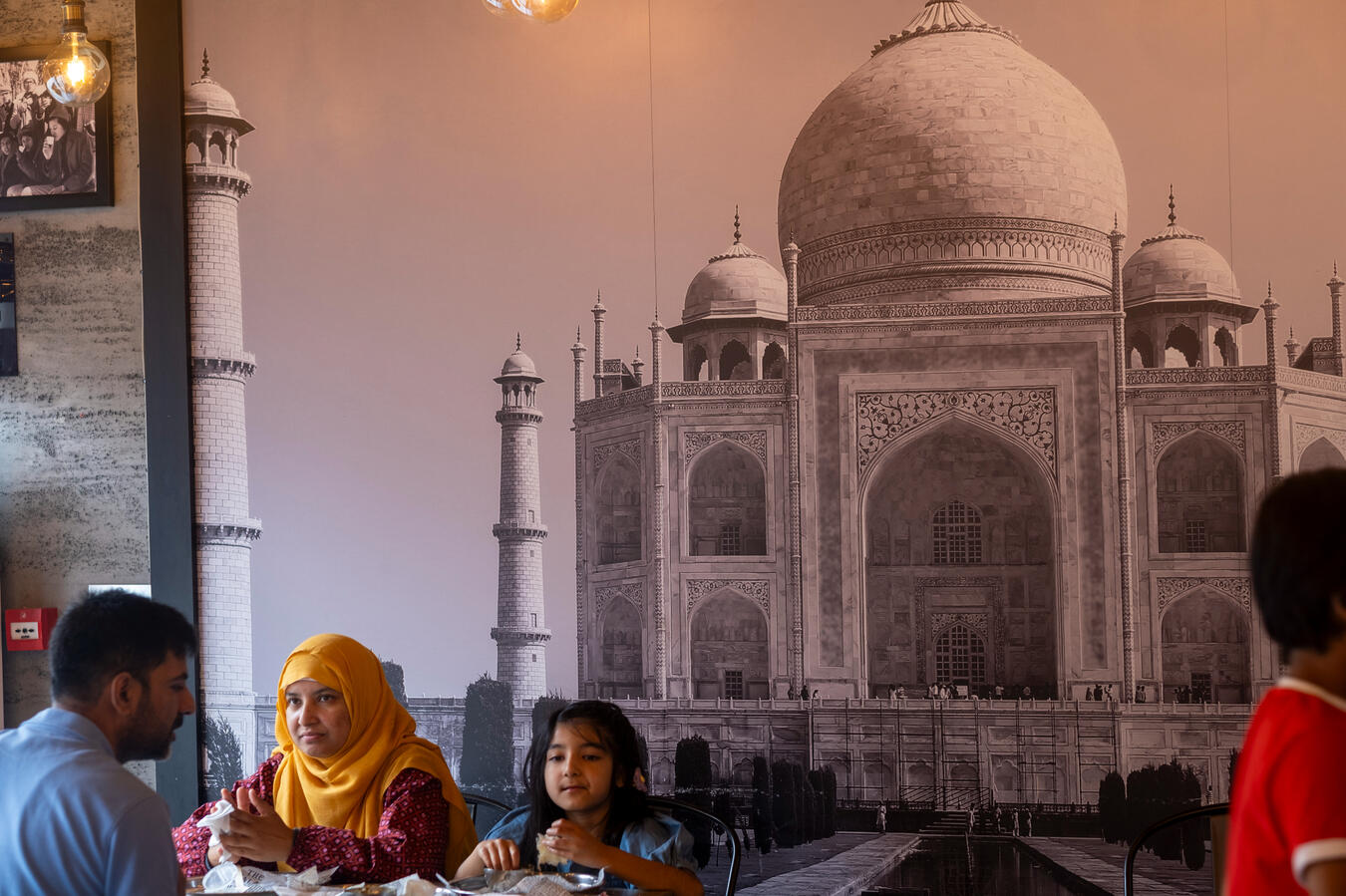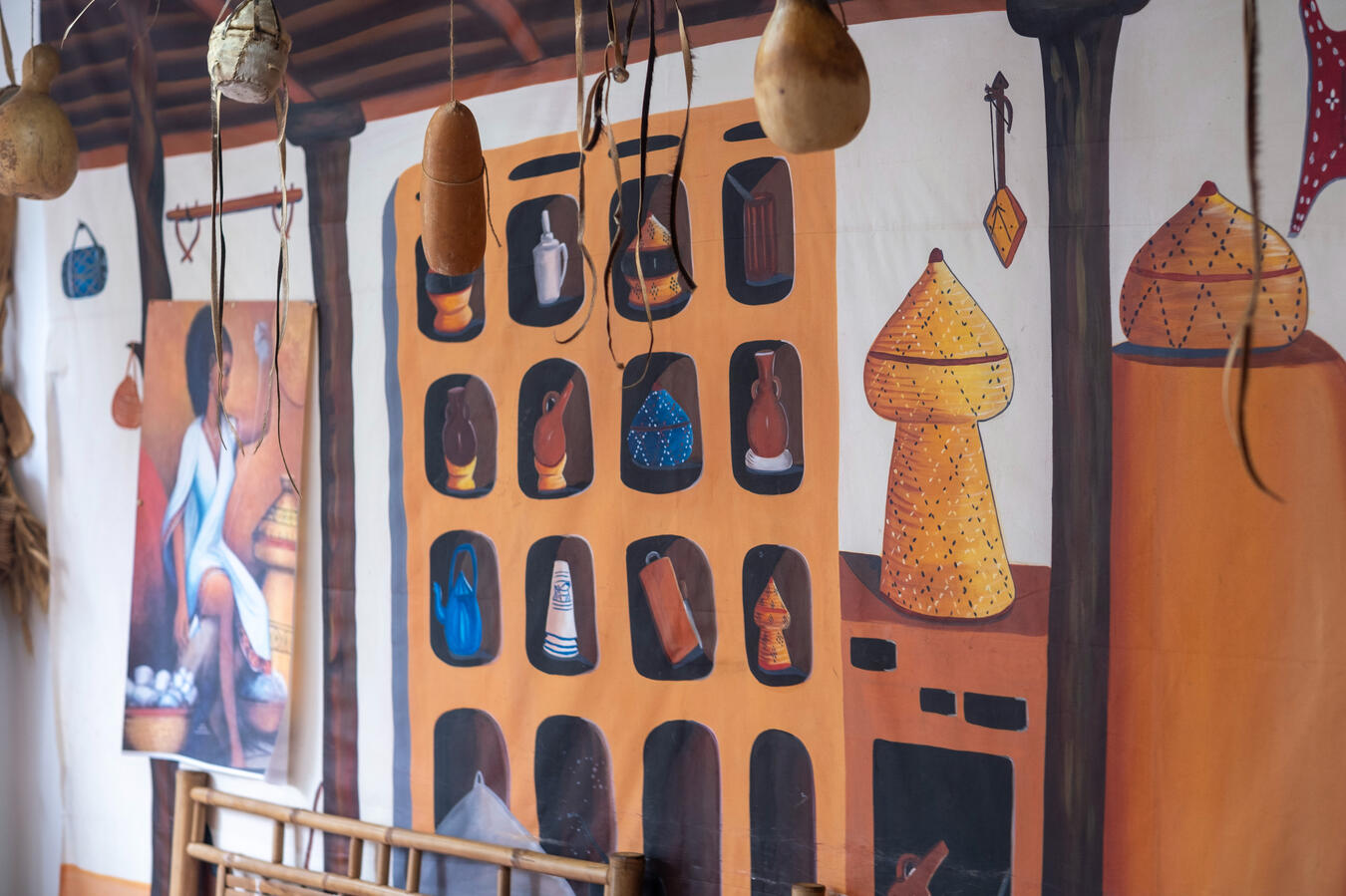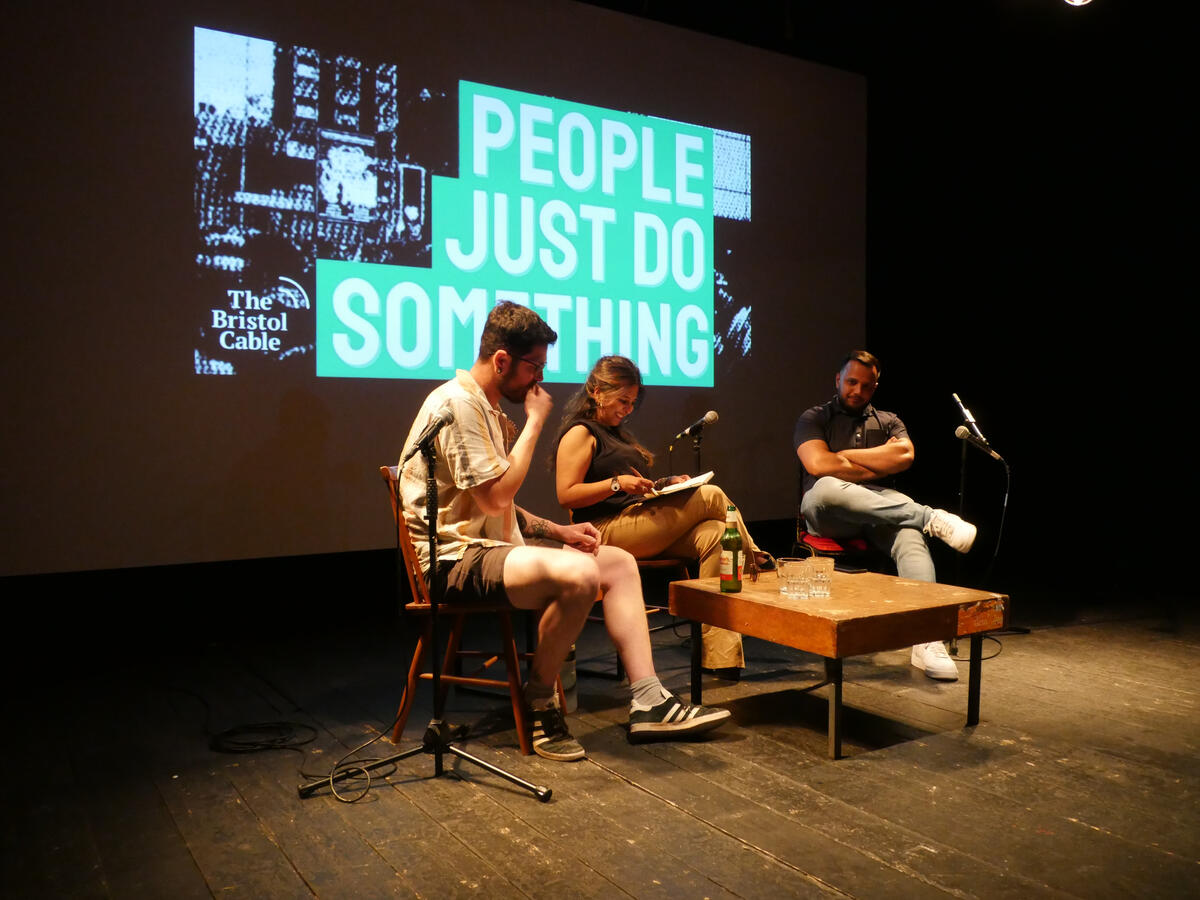Edition 41
Bristol: A City of Solidarity...
Across the nation, far-right anti-migrant narratives amplified by the heritage media are fuelling hatred and misinformation. In response, we centre this edition on migration—celebrating Bristol’s diverse communities, examining the challenges they face under the persistent hostile environment and highlighting the solidarity and grassroots organising that keep Bristol a welcoming place.
Editorial: ...Not an Island of Strangers.
We’re publishing this issue as tensions over migration flare once again.Across the legacy media, the message is clear: Britain is full, immigration is out of control, and migrants are to blame. This rhetoric has been weaponised by the populist right the world over. Affirmed by a mainstream media who, through cherry-picked facts and strategic omissions, manufacture consent for harmful, unjust policies.Voters are rightly angry about falling living standards. But the real culprits aren’t migrants — they’re over a decade of austerity and political choices that have fuelled inequality.What’s left out? The real root causes of displacement: centuries of colonial plunder, the UK’s role in the arms trade, and complicity in foreign wars — including the genocide in Gaza. We can’t be shocked when people flee the very conditions Britain has helped create.Migrants have become the ever-convenient scapegoats. We need to stop punching down and start looking up.It’s been one year since the riots last Summer. This edition’s Big Story looks back at what they meant for Bristol, and honours those who stood up to racist hatred. Our new columnist, award-winning author Nikesh Shukla, reflects on the emotions stirred by those events.In a rare interview, Adam speaks to a delegate from Bristol Antifascists about how they organise to face down the fascist threat. While Colin Thomas looks back at Bristol’s chequered history as a “city of sanctuary.”But there’s celebration as well, of the cultural melting pots that make up Bristol. We don’t shy away from the harsh realities of the migrant experience, but we also shine a light on joy, resilience and community.
Olu Osinoiki’s photo essay captures the vibrant food culture of Stapleton Road. Activist and musician MoYah talks to us about how his music celebrates the resilience of migrant communities. Roshan De Stone shares stories of queer migrants finding love within the UK’s hostile visa system, with stunning photos by Sarah Currie.This edition is personal. We have skin in the game. Many on our board and staff have lived these stories — as refugees or first and second generation migrants. Shades of melanin, which mark us out as different.
Stories of Migration
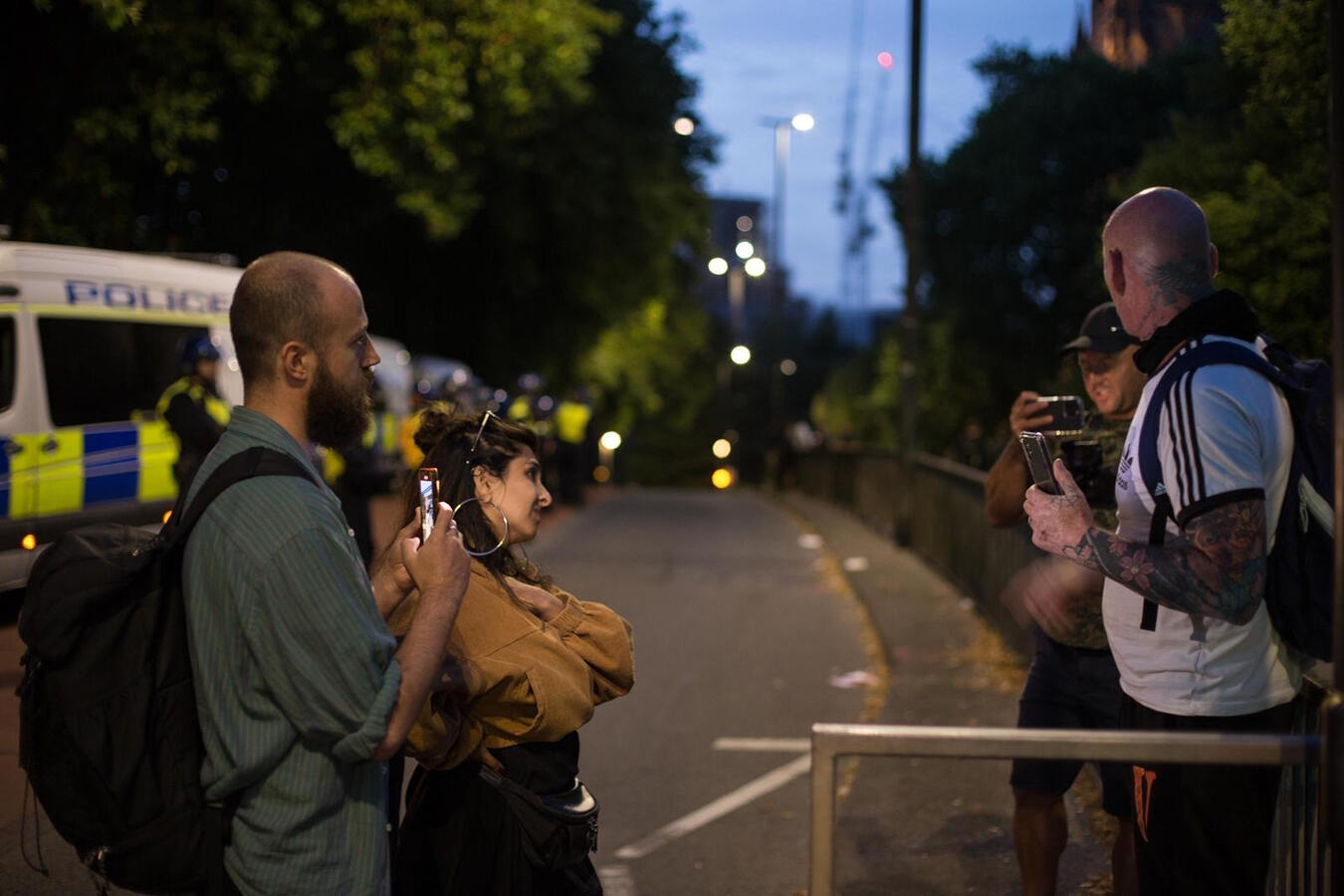
Cable journalists Sean and Priyanka interviewing anti-migrant protestors, August 2024 riots in Bristol

Clashes in Castle Park, August 2024 riots in Bristol

Protest sign boards, August 2024 riots in Bristol

Riot police, August 2024 riots in Bristol

Anti-Fascist supporters show up in the thousands, August 2024 riots in Bristol

Queer Migrant Love Stories: Serendipity with Achintya and Jenni | Credit: Sarah Currie

A striking pose by Emina Telojo, reflective of her resilience through her visa struggles | Credit: Lottie Turner
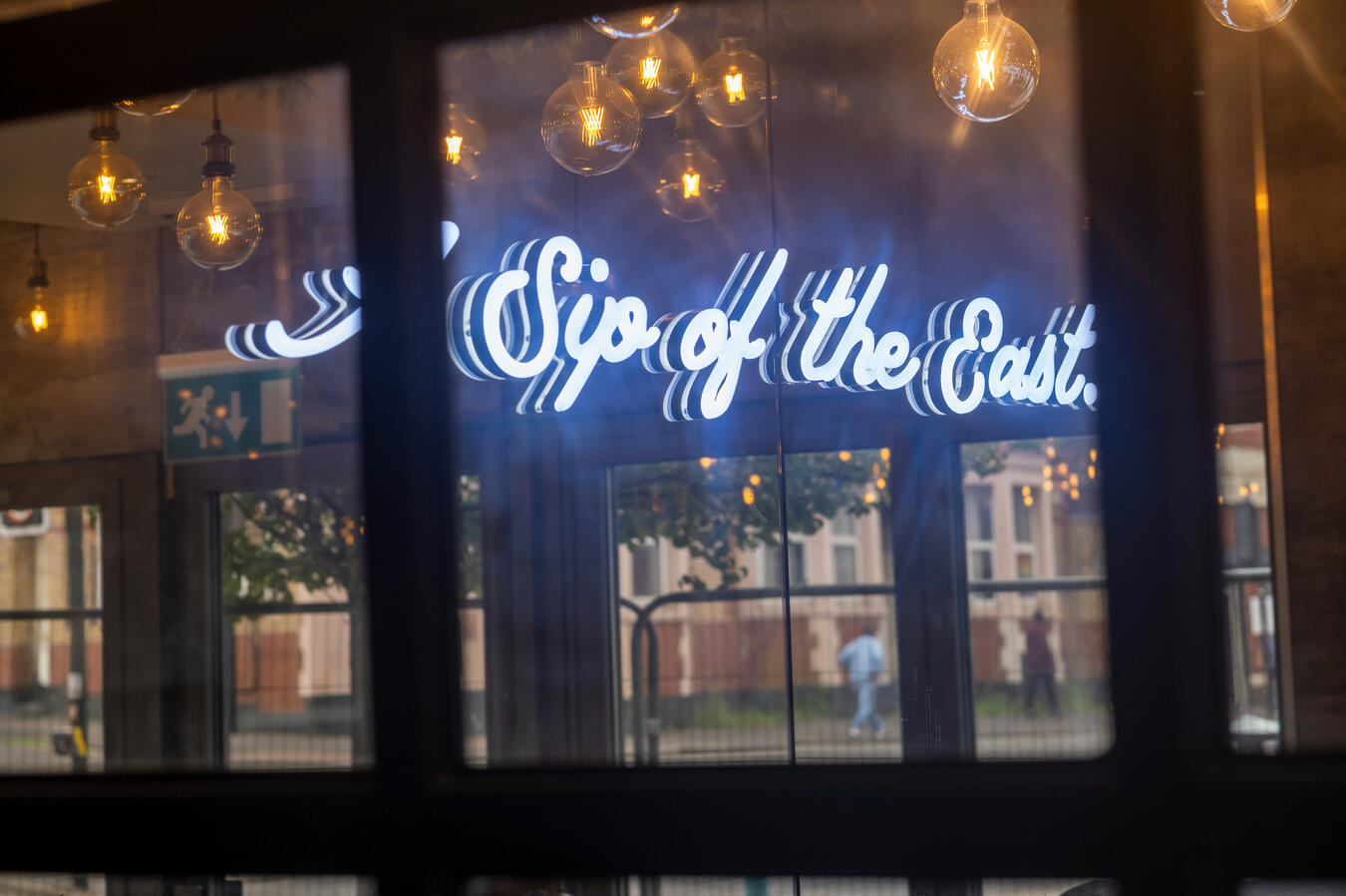
A Culinary Journey Down Stapleton Road: Chaiiwala (Asian sub-continent) | Credit: Olu Osinoiki

A Culinary Journey Down Stapleton Road: Bikkle Island (Caribbean) | Credit: Olu Osinoiki

A Culinary Journey Down Stapleton Road: Chaiiwala (Asian sub-continent) | Credit: Olu Osinoiki

A Culinary Journey Down Stapleton Road: Real Habesha (Eritrean-Ethiopean) | Credit: Olu Osinoiki
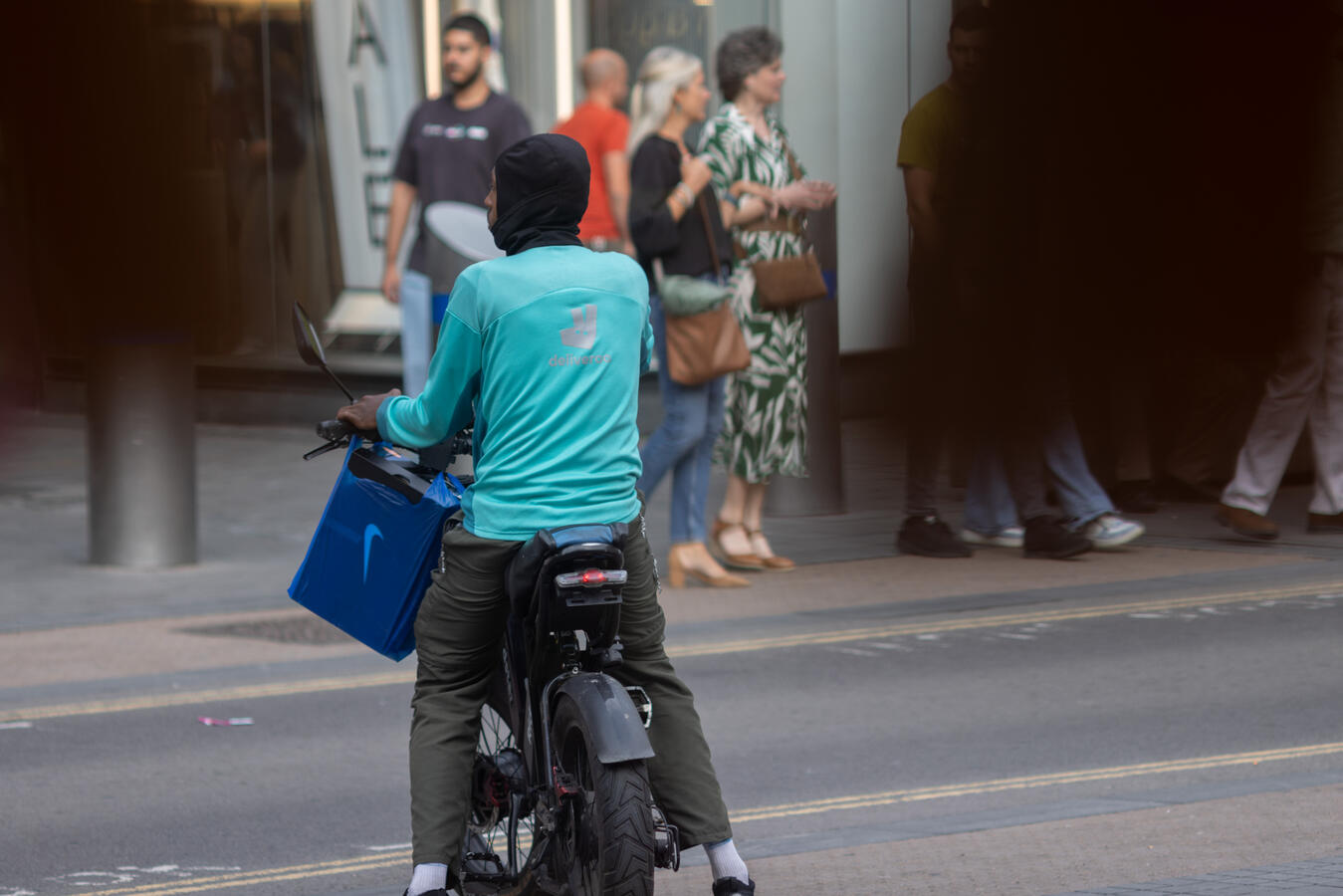
Deliver us from government crackdown

Queer Migrant Love Stories feat. Yiran & Jaz: when a game of Scrabble spells love. | Credit: Sarah Currie

Editor Taj Ali chats to Priyanka and Isaac on the disconnect between working-class voters and the left
Glossary of Terms
1. Migrant / Migration
We use ‘migrant’ and ‘migration’ as neutral, umbrella terms for people moving between countries—whether for work, study, safety, or life experience.We reject the idea of ‘good’ or ‘bad’ migration; it’s a natural part of human history, driven by global inequalities. But migrants from the Global South often face the worst xenophobia, hostile policies, and racist violence.
2. Refugee
A refugee flees conflict, violence or persecution and seeks safety abroad.In the UK, refugee status is granted after Home Office approval, usually lasting five years. Most refugees live in countries neighbouring their homeland, not Europe.
3. Asylum seeker
An asylum seeker is someone applying for refugee status.While the right to claim asylum is protected internationally, UK laws like the Nationality and Borders Act 2022 have made this harder. Asylum seekers usually cannot work or access public funds while awaiting decisions.
4. Undocumented worker / migrant
This term refers to people living or working in the UK without regular immigration status, often due to complex visa rules or overstaying.
5. Hostile environment
Originally introduced by Theresa May in 2012, this set of policies aims to make life harder for undocumented migrants by involving landlords, doctors, and teachers in immigration checks and restricting access to services.Here, it also refers more broadly to all government policies that undermine migrants’ dignity and rights.
Fact
The UNHCR estimates there are around 43 million refugees worldwide, within a total of 123 million forcibly displaced people. While tabloids often focus on refugees trying to reach Europe,
the vast majority actually live in countries neighbouring their homelands—for example, over 3 million Syrians who fled civil war
now live in Turkey.
Become a member of The Bristol Cable
The Cable is Bristol’s independent, investigative newsroom. Owned and steered by more than 2,600 members, we produce award-winning journalism that digs deep into what’s happening in Bristol.
Yes, good journalism costs.Bad journalism costs more than money.
© 2025 The Bristol Cable. All Rights Reserved.

